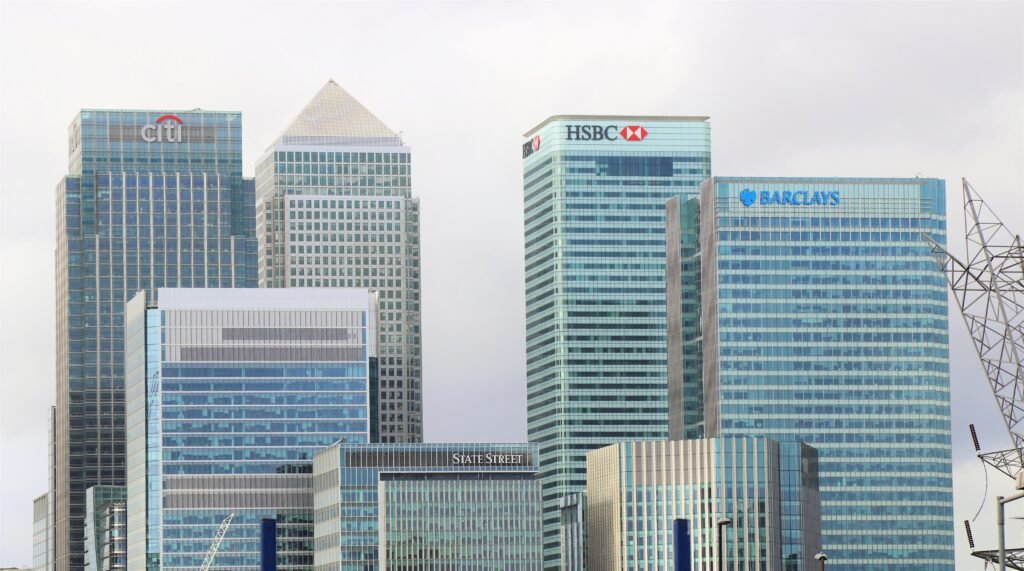In an effort to protect freedom of speech, banks are being called upon to avoid closing accounts of customers who hold controversial opinions. Chancellor Jeremy Hunt has expressed concern over the blacklisting of political figures whose views diverge from the majority of bank customers.
Recently, Nigel Farage, the former leader of UKIP and Brexit Party, claimed to be a victim of “serious political persecution” after receiving a warning from his bank about the imminent closure of his accounts. Farage voiced apprehension about his future ability to borrow money, secure a mortgage, or have a debit card linked to a UK account, even questioning whether he could continue residing in the country.
This issue has come to light alongside accusations from an Anglican church leader against Yorkshire Building Society for account closure within 14 days after his protest against the alleged promotion of transgender “ideology.” The Rev Richard Fothergill, who had been a customer for 17 years, criticized the financial institution, emphasizing that they should prioritize financial management instead of engaging in social engineering. Yorkshire Building Society’s spokesperson denied closing accounts based on differing opinions, clarifying that closures only occur when customers exhibit rude, abusive, violent, or discriminatory behavior.
Darren Selkus, a prospective parliamentary candidate for Hertsmere from the Reform Party, also claimed that Barclays notified him in December about the impending closure of his account. In the letter, Barclays informed Selkus about the situation, advising him to consider alternative banking arrangements or insurance cover.
Another incident involved Laurence Fox, the leader of the Reclaim Party, who received a letter from Barclays stating that his banking relationship was being reviewed. Mr. Fox, in response, announced his intention to withdraw all the funds from his account in cash. He expressed his dissatisfaction, particularly after being a Barclays customer for 20 years.
Addressing the escalating concerns, Chancellor Jeremy Hunt has tasked City minister Andrew Griffith with investigating the issue. A consultation initiated after PayPal blocked the Free Speech Union’s account is expected to be published in the coming weeks.
Barclays faced repercussions in June when it was compelled to pay over £20,000 in compensation to Christian ministry groups. The bank had closed their accounts due to pressure from LGBTQ+ activists who raised concerns about conversion therapy practices.

Toby Young, representing the Free Speech Union, has been lobbying the Treasury for nine months to enact regulatory changes that would prevent banks like HSBC and companies like PayPal from “debanking” individuals based on disapproval of their political views.
Efforts are underway to address these concerns and ensure that banks uphold the principles of free speech and refrain from discriminatory practices against customers with differing opinions.


